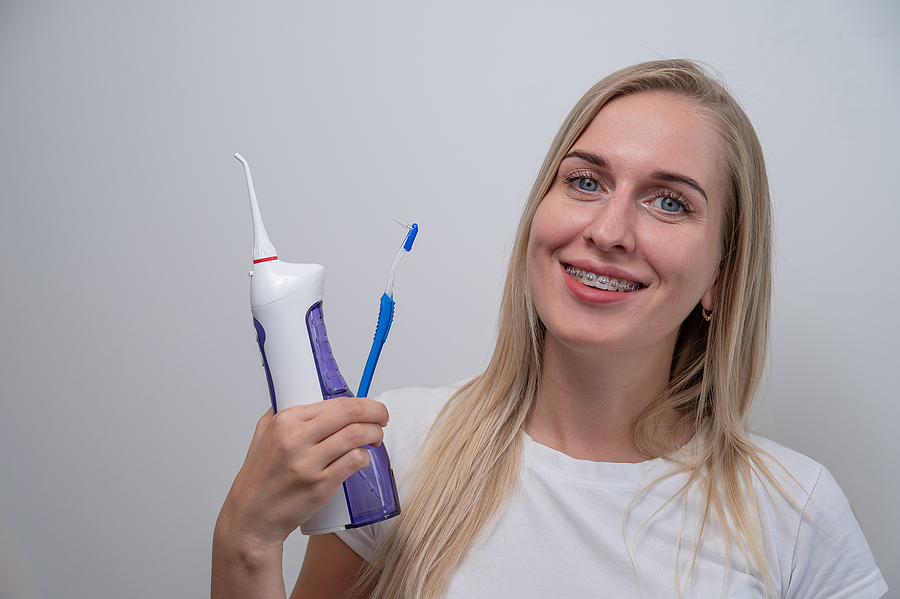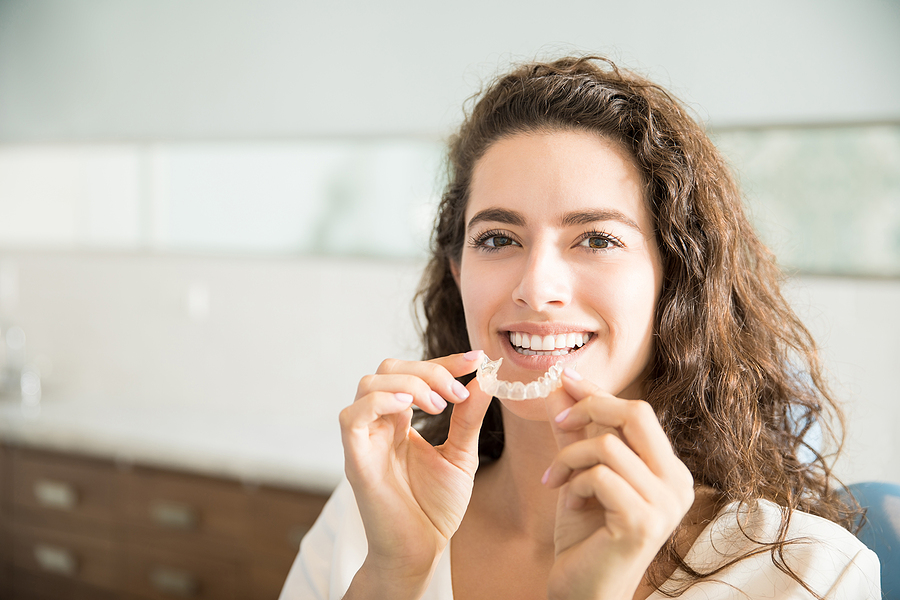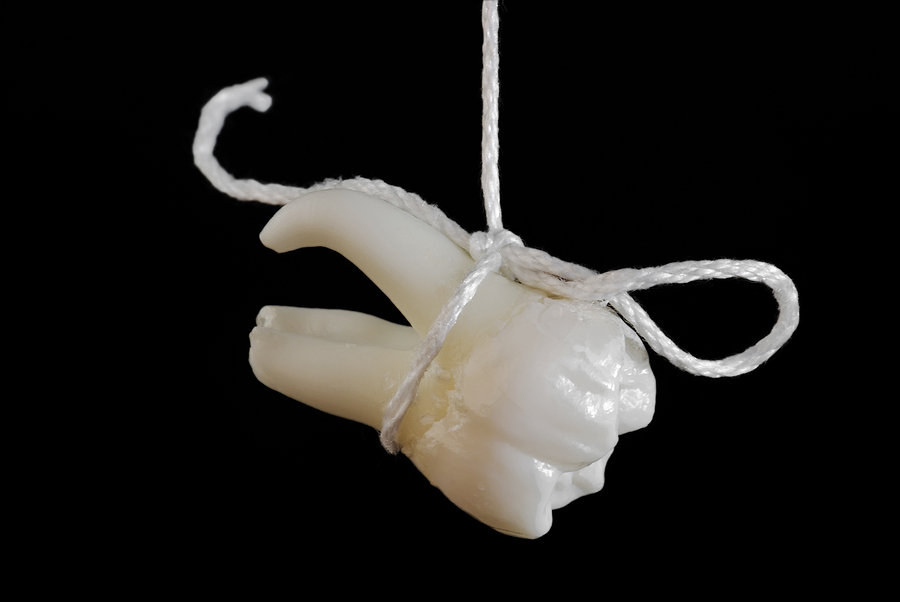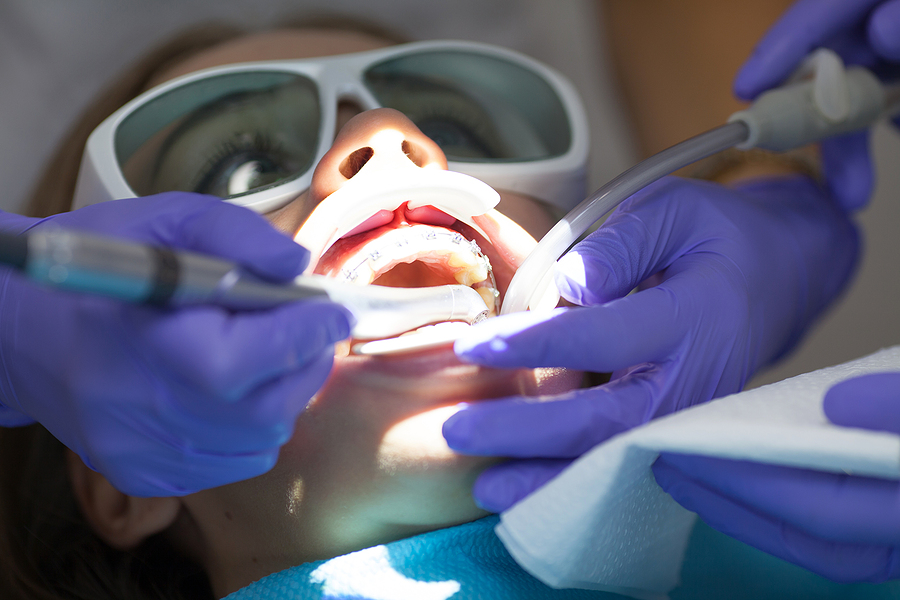Welcome to our blog post on the tips to make brushing more effective! You may brush your teeth every day, but are you doing it right? Brushing is one of the most essential and basic steps in maintaining good oral hygiene. It not only helps keep your pearly whites shining but also prevents cavities, gum disease, and bad breath. In this article, we will share some valuable tips to enhance the effectiveness of your brushing routine. From choosing the right toothbrush and toothpaste to mastering proper brushing techniques, we've got you covered. So, let's dive in and discover how you can level up your dental care game!
The Importance of Brushing Your Teeth
Maintaining good oral hygiene is crucial for overall health and well-being. One of the key components of a solid dental care routine is brushing your teeth regularly. You might wonder why brushing is so important?
Brushing removes plaque from the surface of your teeth. Plaque is a sticky film that forms on our teeth throughout the day, containing bacteria that can cause tooth decay and gum disease if left unchecked. Regular brushing helps prevent cavities. By removing food particles and bacteria from our teeth, we are minimizing the risk of acid erosion and decay. Additionally, proper oral hygiene reduces the likelihood of developing gum disease. Gingivitis occurs when plaque builds up along the gum line, leading to inflammation and bleeding gums. Regular brushing helps remove this buildup and keeps gums healthy. Moreover, maintaining fresh breath is another benefit of effective brushing. Poor oral hygiene can result in bad breath caused by bacteria buildup in the mouth.
Choosing the Right Toothbrush and Toothpaste
When it comes to maintaining good oral hygiene, choosing the right toothbrush and toothpaste is crucial. With so many options available in the market, it can be overwhelming to make a decision. However, taking the time to select the right tools for your oral care routine can greatly enhance its effectiveness.
- Consider the bristles of your toothbrush. Soft or medium bristles are usually recommended by dentists as they are gentle on your gums and teeth while still effectively cleaning them. Next, think about the size and shape of the brush head. It should comfortably fit into your mouth and reach all areas easily.
- Additionally, opt for a toothbrush with a handle that feels comfortable to hold. This will ensure you have better control while brushing.
- When it comes to selecting toothpaste, look for one that contains fluoride. Fluoride helps strengthen enamel and prevents cavities. Consider any specific dental concerns you may have, such as sensitivity or gum issues, when choosing a toothpaste variant.
- Remember that everyone's needs are different when it comes to oral care products – what works for someone else may not necessarily work for you. Consulting with your dentist can help guide you toward making an informed choice based on your individual requirements.
By investing some time in selecting the right toothbrush and toothpaste suited to your needs, you're setting yourself up for more effective brushing sessions, leading to improved dental health!
Proper Brushing Techniques
Now that you have the right toothbrush and toothpaste, it's time to discuss proper brushing techniques. This is essential in ensuring effective oral hygiene.
- Hold your toothbrush at a 45-degree angle against your gums. This allows for better access to clean both the teeth and gumline. Use gentle, circular motions instead of scrubbing vigorously back and forth. Applying too much pressure can damage the enamel and irritate your gums.
- Make sure to brush all surfaces of your teeth - front, back, and chewing surfaces. Don't forget about those hard-to-reach areas like the inside of your molars or behind your wisdom teeth! Take your time; thorough brushing should take around two minutes.
- Pay special attention to cleaning along the gumline as plaque tends to accumulate there. Gently move the bristles up and down in a sweeping motion to remove any bacteria or debris.
- Don't neglect other parts of your mouth either! Brushing also includes cleaning your tongue using a tongue scraper or gently brushing with soft bristles from back to front.
- Rinse well after brushing with water or an antibacterial mouthwash recommended by your dentist. Remember not to swallow any mouthwash!
By following these proper brushing techniques daily, you'll be well on your way to maintaining great oral health!
How Often Should You Brush Your Teeth?
Brushing your teeth is an essential part of maintaining good oral hygiene. But how often should you be brushing to ensure the best results? The general recommendation from dentists is to brush at least twice a day – once in the morning and once before bed.
Why is brushing twice a day important? Well, during the day, food particles and bacteria can accumulate on your teeth, leading to plaque buildup. Brushing in the morning helps remove this buildup and freshens your breath for the day ahead. Brushing before bed is equally crucial because it removes any remaining food particles and plaque that have accumulated throughout the day. It also helps prevent tooth decay and gum disease while you sleep.
While twice-daily brushing is typically sufficient for most people, some individuals may require more frequent brushing. If you consume sugary or acidic foods regularly or have certain medical conditions that affect dental health, your dentist may recommend brushing after each meal. Remember that proper technique matters just as much as frequency when it comes to effective brushing. Be sure to use a soft-bristled toothbrush and fluoride toothpaste, making small circular motions along all surfaces of your teeth.
Conclusion
In today's busy world, it can be easy to overlook the importance of proper dental care. However, taking the time to brush your teeth effectively is essential for maintaining good oral health and preventing dental problems.
By choosing the right toothbrush and toothpaste, using proper brushing techniques, and incorporating regular brushing into your daily routine, you can maximize the effectiveness of your oral hygiene routine.
Remember that brushing alone is not enough to maintain optimal oral health. It should be supplemented with flossing, mouthwash use, and regular visits to the dentist for professional cleanings and check-ups.
So make a commitment to take care of your teeth by implementing these tips for more effective brushing. Your smile will thank you!
More Blog Posts
Contact Us
1295 East Arlington Blvd,
Greenville, NC, NC, 27858
Email: info@doctorsdandv.com
Phone: (252) 756-7789
Working Hours
MON - THU8:00 am - 5:00 pm
FRI8:00 am - 1:00 pm
SAT - SUNClosed









